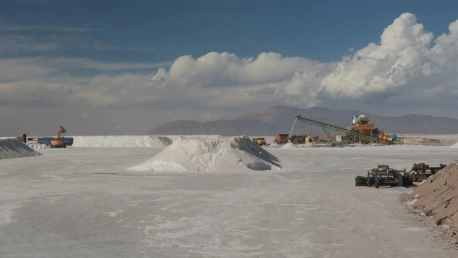Environmental activists scored a significant win against the Federal Energy Regulatory Commission (FERC) over how it assesses fossil gas infrastructures’ impact on the climate. Food & Water Watch (FWW) catalyzed this shift with a legal triumph in March 2022 when the D.C. Circuit Court ruled that FERC’s analysis of a Massachusetts project inadequately accounted for downstream emissions of greenhouse gases. Traditionally, FERC’s evaluations centered on economic and safety justifications, frequently overlooking the broader environmental effects. This ruling for more comprehensive environmental scrutiny could reshape FERC’s review process for new fossil gas projects, potentially leading to a more rigorous assessment of their long-term effects on the environment. The decision marks a transformative step in efforts to ensure federal assessments embody climate considerations.
Rethinking Approval Standards
The victory in the D.C. Circuit Court has emboldened environmental groups to demand a significant shift in how FERC considers gas infrastructure. Legal actions continue to underscore the necessity for FERC to address not just the direct consequences of gas projects but also their indirect and cumulative climate impacts. These include both upstream emissions from the extraction process and downstream emissions from the eventual burning of fossil gas. The implications of such a shift are considerable; projects previously deemed beneficial could face rejection if their total environmental cost is too high, marking a potential turning point in the United States’ approach to energy infrastructure and climate policy.
Ongoing Legal Efforts
FWW’s commitment to reshaping FERC’s project evaluation method can be seen in their August 2022 lawsuit challenging the Commission’s approval of the East 300 Upgrade Project in Pennsylvania and New Jersey. This legal action suggests that FERC should align its considerations with state and local climate laws, especially when these jurisdictions have committed to aggressive emissions reductions. Through continuous legal advocacy, environmental organizations like FWW aim to ensure that all new gas projects are evaluated with an eye on the future—prioritizing the public’s health and safety, as well as the planet’s wellbeing, over short-term economic interests. The collective resistance showcased in these legal battles forms an integral part of the broader push for systemic change in energy policy, aligning infrastructure development with the urgent demands of climate mitigation.









